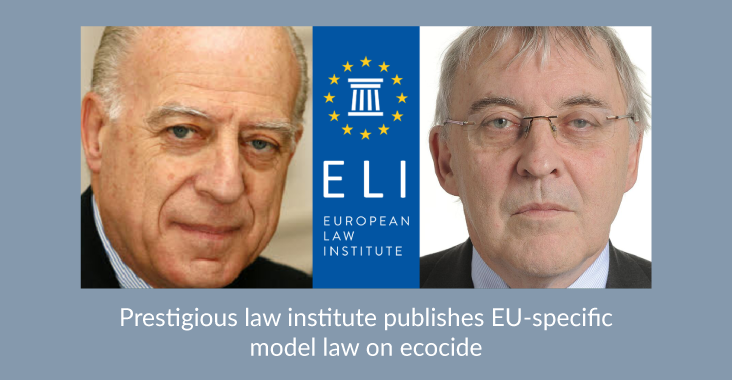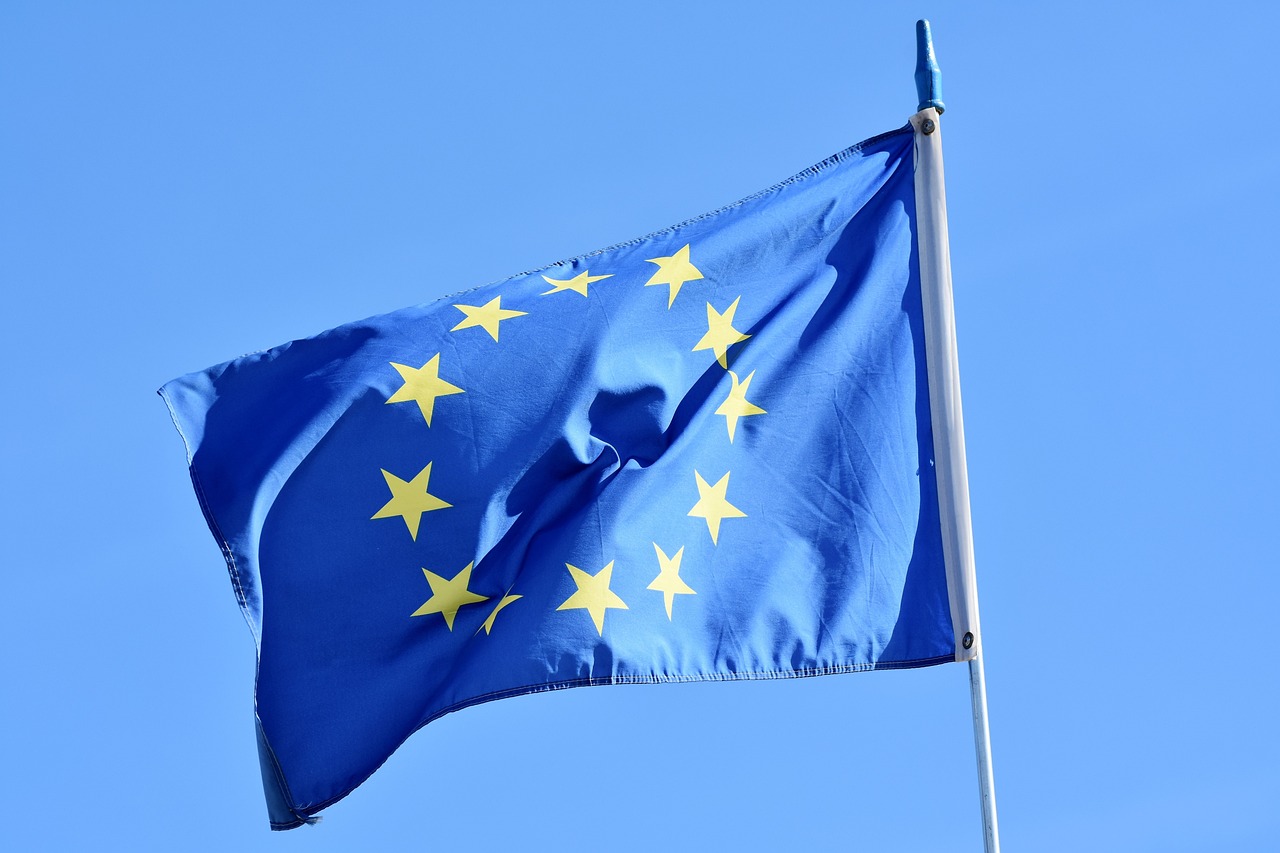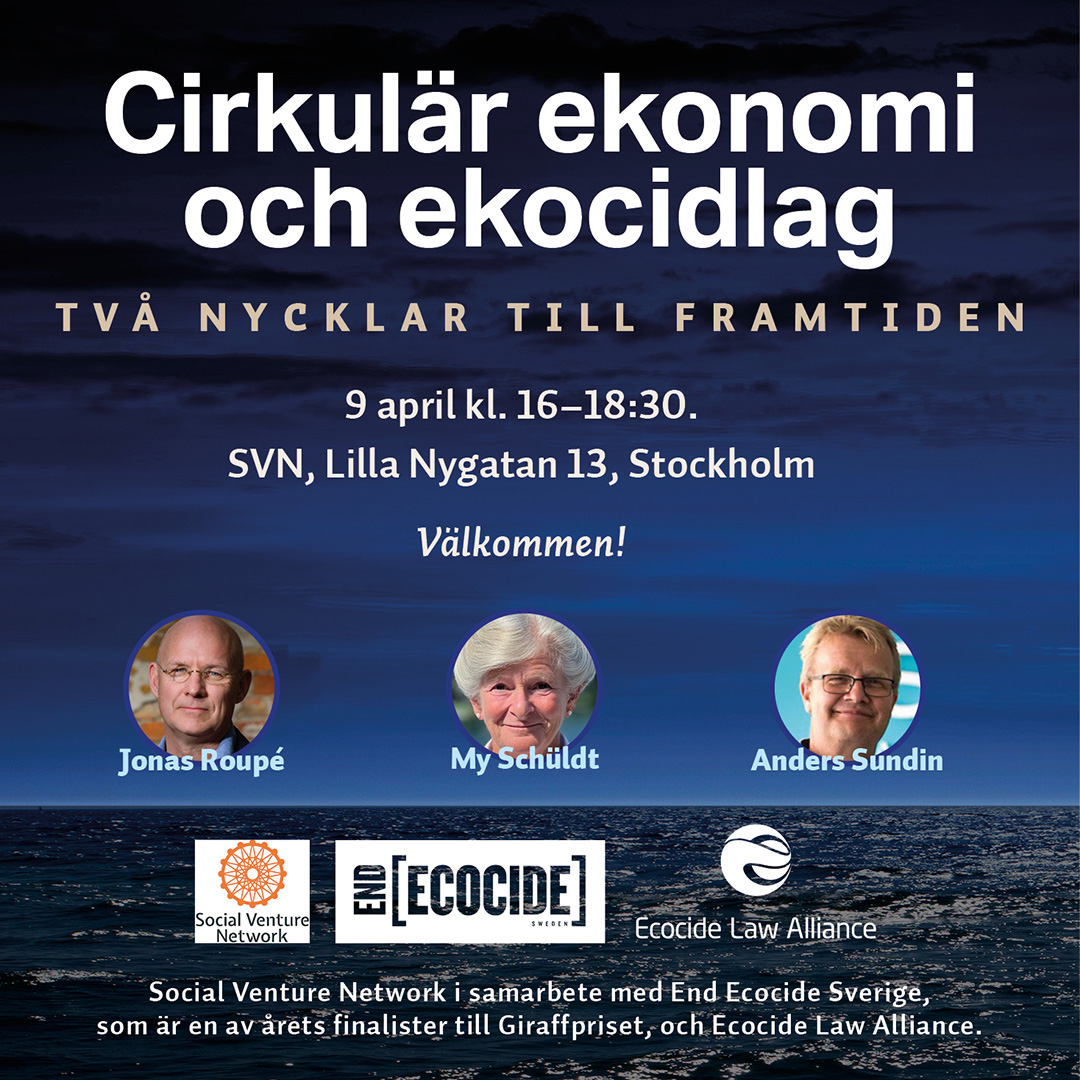With over 100 institutional members and over 1600 individual members from the legal profession around Europe, the independent Institute was founded in 2011 to “improve the quality of European law, understood in the broadest sense. It seeks to initiate, conduct and facilitate research, to make recommendations, and to provide practical guidance in the field of European legal development.”
The model rules include a threshold of recklessness (dolus eventualis) with regard to knowledge and intent; they include provision to address fraud and corruption in the issuing of licenses or authorizations; and also propose to “extend the powers of the European Public Prosecutor’s Office to include offences of ecocide affecting more than one Member State or one or more Member States and one or more third countries.”
The timing of the publication is potent, as the EU is in the process of revising its Directive on the protection of the environment through criminal law. Already 4 out of 5 committees consulting on the directive have expressed support for inclusion of ecocide into the operative part of the text; the legal affairs committee will report next month and the resulting text will go to the European Parliament for plenary discussion and voting in April.
The availability of this EU-specific text could be a concrete support to the inclusion of ecocide – indeed, the ELI hopes “that this Report will contribute to the inter-institutional negotiations in the EU on the Proposal for a Directive of the European Parliament and of the Council on the protection of the environment through criminal law and that it will also inspire legislative developments beyond the EU.”
The report also sets out the context of developments around ecocide internationally and the growing support for its criminalisation.
Information courtesy of Stop Ecocide International.







